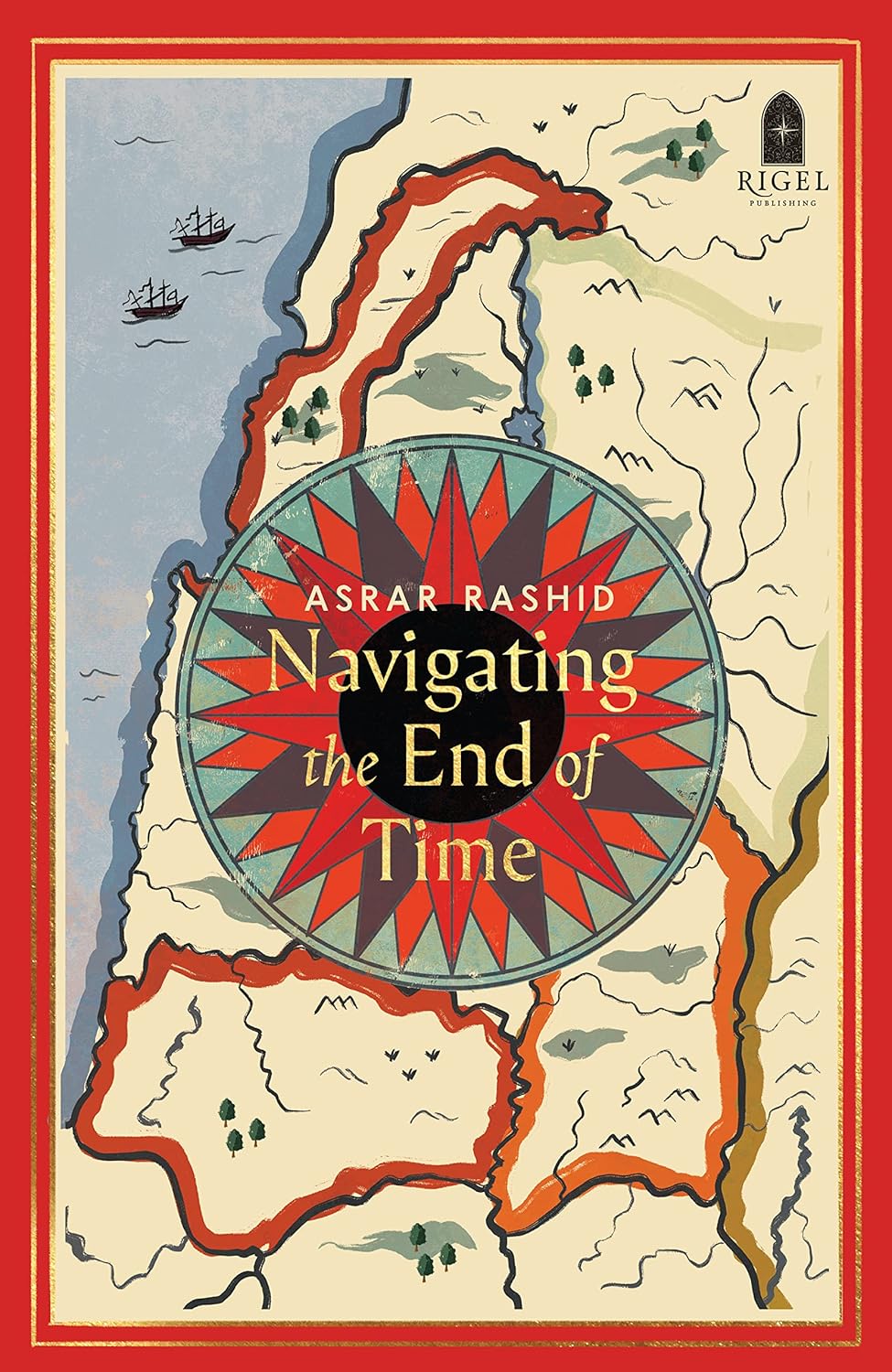About this deal
The common people, based on their belief in the famousness of chronological finality as its meaning, regard sealship limited to time to be the absolute and total meaning…What the author of Taḥdhīr al-Nās meant was that the common people consider the whole meaning and the assigned literal meaning of “Seal” to be the last in time, hence they consider it impermissible to take other meanings. Allāh, exalted is He, has combined the particles of prophethood for Muḥammad ﷺ, perfected them for him and put a seal over them with His seal… The meaning of “Khātam al-Nabiyyīn” according to us is that prophethood was completed in its entirety for Muḥammad ﷺ, so his heart was made for the pinnacle of prophethood a receptacle around it, and then it was sealed. Qādiyānīs have misused the statements of many scholars, including Mullā ‘Alī al-Qārī, Shāh Waliyyullāh Dihlawī, Jalāl al-Dīn al-Rūmī etc. Since Asrar Rashid has cited the official proceedings, he should be able to show where this account is found in there.
Navigating the End of Time’ by Shaykh Asrar Rashid Book release: ‘Navigating the End of Time’ by Shaykh Asrar Rashid
Asrar Rashid’s reference for the above account is a biography of Ḥakīm Nūr al-Dīn Bhairawī by a Qādiyānī author titled: “ Hakeem Noor-Ud-Deen: The Way of the Righteous”. In it, he explained a distinction between direct/non-derivative ( dhātī) and indirect/derivative ( ‘araḍi) attributes. In this situation, the outcome of the meaning of the noble verse will be that the Messenger of Allāh ﷺ has not acquired fatherhood of the known kind with respect to any man, but he has acquired spiritual fatherhood with respect to his community, as well as with respect to the prophets. In what way were Mawlānā Qāsim Nānotwī’s views being proposed “at the time” that Mirzā Ghulām Aḥmad claimed himself to be a prophet? In Ibṭāl Aghlāṭ Qāsimiyyah, the views of Mawlānā Qāsim Nānotwī are presented merely as citations from Taḥdhīr al-Nās, as well as one citation from a letter in Qāsim al-‘Ulūm (a collection of Mawlānā Qāsim Nānotwī’s letters).
Now that we have been introduced to the context and basic thesis of Taḥdhīr al-Nās, we are in a position to examine some of the controversial statements from the book. With respect to the statement of Ibn ‘Abbās which is found in al-Durr al-Manthūr and other sources: “Verily, Allāh created seven earths. Assuming the report of Ibn ‘Abbās to be genuine, he affirmed the Prophet’s ﷺ positional sealship to be in relation to the prophets [in the earths] below too. He has a knack for putting his energies to good use and not getting distracted by all the noise pollution around us, be it by devbandis or tanatan cults or closet rawafid and so on, and if something needs to be addressed, address the core issue in the right way and move on without getting dragged into the peeri soap operas and turf wars.
Navigating the End of Time – by Asrar Rashid (Now available)
Yet, the reality [according to the author of Taḥdhīr al-Nās] is that the meaning of “Seal” is the last, whether in terms of time, location or position. There is no doubt that in his view Mirzā Ghulām Aḥmad Qādiyānī would be a disbeliever for his claim of prophethood.Thus, Mawlānā Qāsim Nānotwī argues the verse has a conspicuous meaning ( ẓahr) and an esoteric meaning ( baṭn), both of which are equally true. For the latter, he gives the example of another verse in which wine and gambling are referred to as “ rijs” (filth).
 Great Deal
Great Deal 